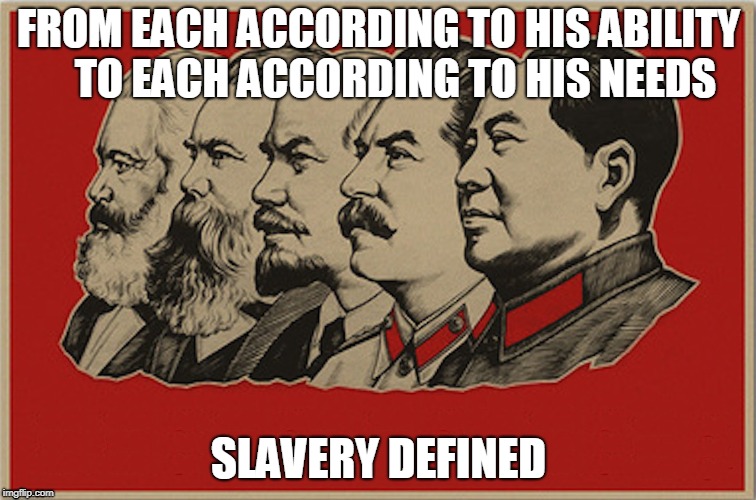If you say so. Feel free to espouse that to someone who cares.
You're only a model from here on, then.
'Since each of us were several, there was really quite a crowd.
(Interview with Deleuze and Guattari on the authorship of Anti-Oedipus: Capitalism and Schizophrenia)
'In Nietzsche and Philosophy, Deleuze wrote that the atheism secreted by Christianity is that of a bad conscience and (resentment [italics]). In his book on the painter, Francis Bacon, for example, he suggested that "Christianity contains a germ of (tranquil atheism [it.]) that will (nurture [it.]) painting.'
....
In his 1980 lectures on Spinoza, he insisted that "atheism has never been external to religion." '
(Shults, Iconoclastic Theology)
Replying to Nostra's miseducation (above), Constitutional lawyer Seidel explains the history:
'And even if the founders were all Christian and this fallacious logic held, we (know [italics]) that they never cited biblical principles during the constitutional convention and ramifications, as we'll see in Chapter Six (2017, Congressional Prayer Caucus Foundation, "Report and Analysis on Religious Freedom Measures Impacting Prayer and Faith in America, p. 5)
The religious faith of the founders is irrelevant for another reason: they made it irrelevant when they erected a "wall of separation" between religion and the government they created. The Constitution deliberately rejects comingling religion and government. The Constitution severed religion's power from government to limit the danger it would pose; separates church and state; prohibits a religious test for public office; and, as Alexander Hamilton put it, gives the president "no particle of spiritual jurisdiction."
...."No....shall....ever....any." They words are a mandate. Joseph Story, Supreme Court Justice from 1812 to 1854, wrote the first definitive commentaries on the Constitution. He explained that the clause was "not introduced merely for the purpose of satisfying the scruples of many respectable persons, who feel an invincible repugnance to any religious test." According to Story, "It had a higher objective: to cut off for ever every pretence of any alliance between church and state in the national government."
....
There is no freedom of religion without a government that is free from religion....there was no example of a truly secular government. No other nation had sought to protect the ability of its citizens to think freely by separating the government from religion and religion from the government.
Americans should celebrate this "great American principle of eternal separation." It's ours. It's an American original. We ought to be proud of that contribution to the world, not bury it under myths.'
(Seidel, The Founding Myth: Why Christian Nationalism is Un-American)




